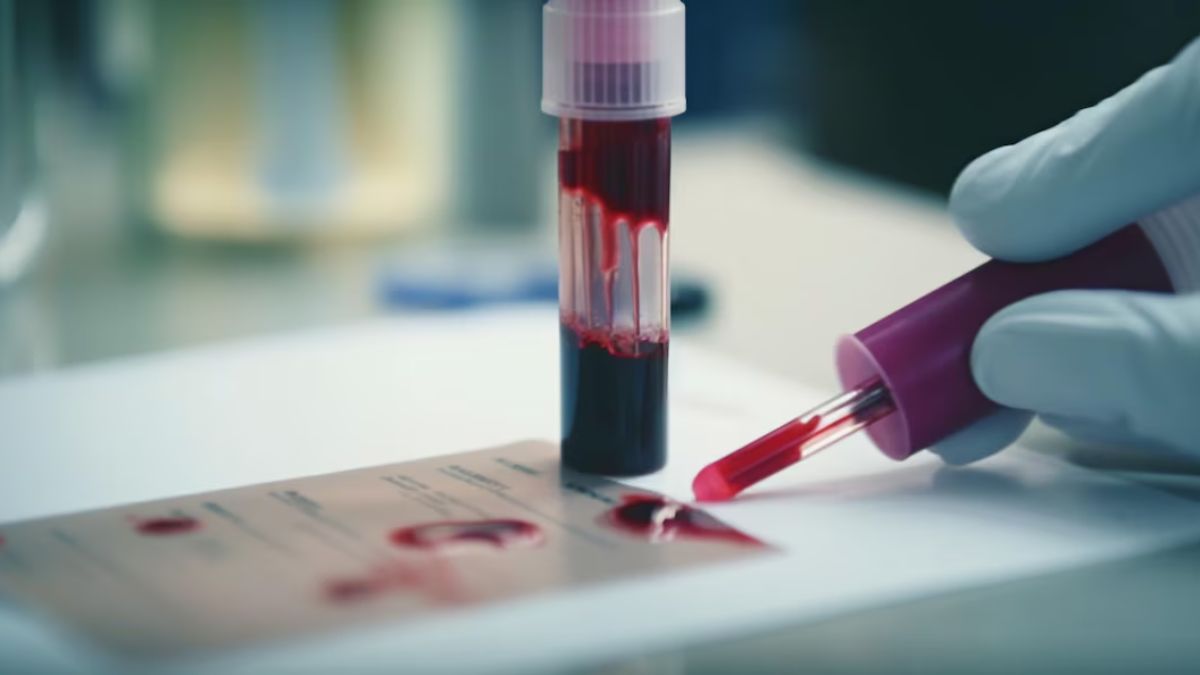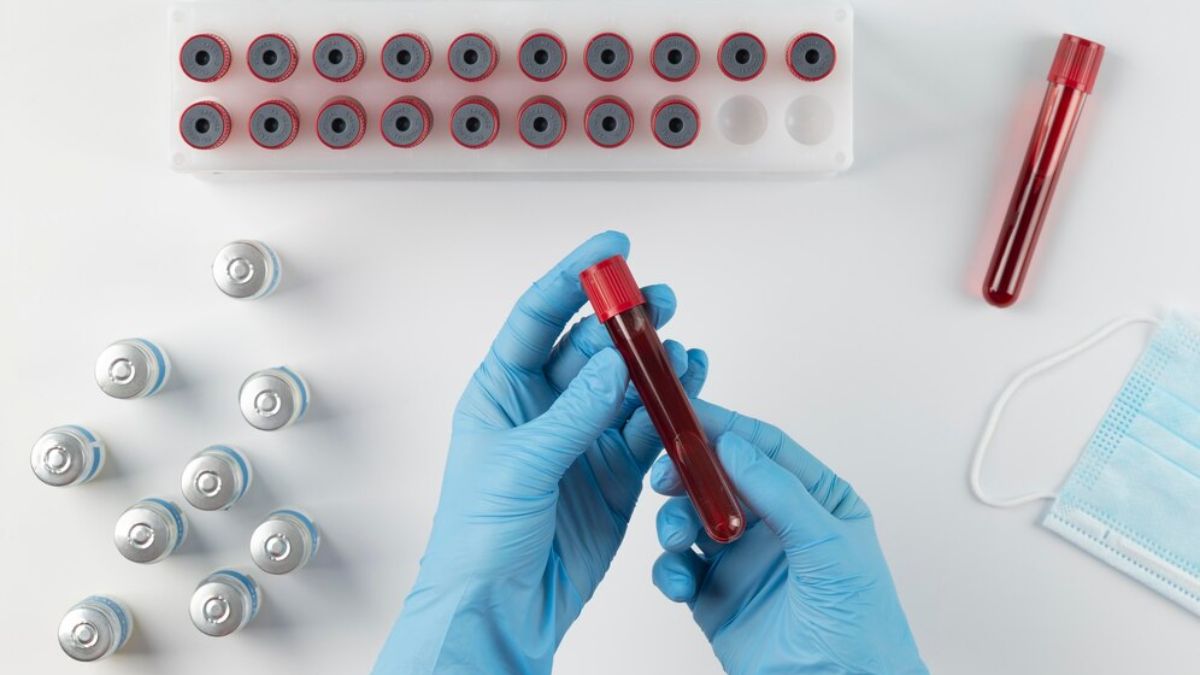
Have you ever heard of someone having ‘golden blood?’ It's not something out of a fantasy novel; it's actually the incredibly rare Rh-null blood type.
According to the Australian Academy of Science, with less than 50 known cases worldwide, Rh-null is the rarest blood type on Earth, making it even more precious than gold! This unique blood type has captivated scientists and doctors for decades, and for good reason.
Table of Content:-
Beyond ABO: The Rh Factor and the Birth of ‘Golden Blood’
We all know the basic blood types – A, B, AB, and O – determined by the presence or absence of A and B antigens on red blood cells. But there's another crucial layer to blood typing: the Rh factor.
Discovered in the 1930s, the Rh factor refers to the presence or absence of the Rh protein on red blood cells, according to American Cross. People are either Rh-positive (with the Rh protein) or Rh-negative (without it).

Rh-null blood throws a wrench into this system. Here, individuals lack ALL Rh antigens, not just the specific ones that define Rh-positive or negative. This complete absence is what makes Rh-null blood so special.
Imagine red blood cells stripped bare of their Rh identification tags, creating a universal language that (theoretically) anyone's immune system could understand.
The Universal Donor with a Universal Challenge
This lack of Rh antigens presents a fascinating paradox. While Rh-null blood is, in theory, compatible with almost anyone needing a transfusion due to the missing antigens that could trigger an immune response, finding compatible blood for someone with Rh-null is incredibly difficult. They can only receive blood from other Rh-null individuals, a tiny pool of potential donors scattered across the globe.
Thankfully, there's a beacon of hope – the Golden Blood Network, a global registry of Rh-null donors. These incredible individuals understand the lifesaving potential of their blood and are willing to donate when needed.
However, the network's limited size highlights the ever-present need for blood donation, especially for rare types. Every blood donation, regardless of type, contributes to a more robust and diverse blood supply, potentially saving countless lives.
Also Read: Blood Donation: Do’s And Don’ts To Keep In Mind

The Science Behind the Rarest Blood Type
The extreme rarity of Rh-null is a testament to the intricate dance of genetics. It's caused by a mutation in the genes responsible for Rh protein production. This mutation essentially throws a wrench into the protein-building machinery, leaving red blood cells devoid of Rh antigens.
Interestingly, the lack of Rh proteins doesn't seem to cause any health problems for Rh-null individuals themselves. They live healthy lives, completely unaware of the unique blood coursing through their veins.
Conclusion
The existence of Rh-null blood teaches us a lot beyond just blood types. It sheds light on the power of genetics and how a single mutation can create such a profound difference. It also emphasises the importance of scientific research into rare blood types.
Understanding the mechanisms behind Rh-null and similar rare blood types could lead to advancements in blood transfusion techniques, organ transplantation compatibility, and even potential treatments for blood-related diseases.
While the chances of encountering someone with Rh-null blood are incredibly slim, its existence serves as a powerful symbol of the unseen forces that shape our biology and the importance of a robust and inclusive approach to healthcare. So, the next time you think about blood types, remember the ‘golden’ Rh-null – a rare gem that highlights the beauty and complexity of human life.
Also watch this video
How we keep this article up to date:
We work with experts and keep a close eye on the latest in health and wellness. Whenever there is a new research or helpful information, we update our articles with accurate and useful advice.
Current Version
